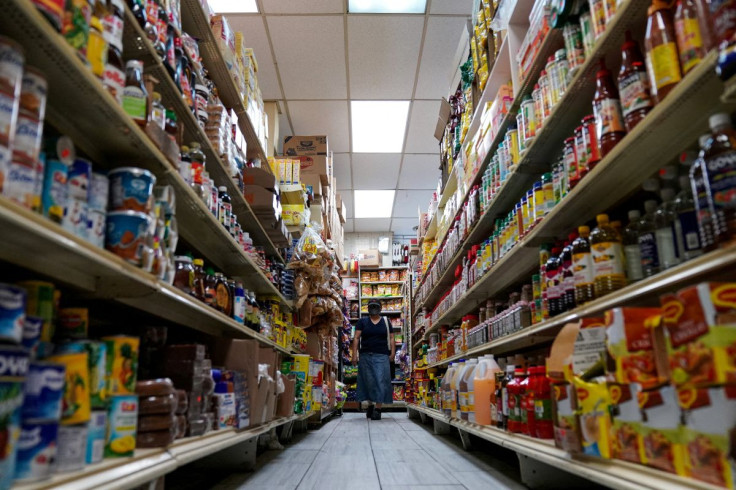Woolworths Warns Of Slower First-Half Food Profits As Shoppers Seek Discounts Amid Cost-Of-Living Crisis

Australian grocery chain Woolworths has warned that the first-half profits from its flagship food division will slow down, as shoppers were closely monitoring prices due to cost-of-living pressures, which was lowering prices and causing its shares to drop.
As customers were shifting towards specials and lower-priced items, profit margins were getting tighter, due to which food profits would drop in the six months leading up to December, the company stated.
The company predicted that its earnings from its Australian food division, before interest and tax, to be between AU$1.48 billion and AU$1.53 billion in the December half. Last year, it reported AU$1.6 billion, the grocery giant said in a statement to the ASX on Wednesday, The Age reported.
Investors responded to the news by driving Woolworths shares down by more than 5% early, leading to a share fall in the company's shares by 6.1% to AU$30.81 on Wednesday.
In the September quarter, the supermarket chain had recorded a 4.5% rise in sales earning AU$18 billion.
"Customers remain highly value-conscious and continue to purchase more items on special or trade down to lower priced items, including own brand," Woolworths chief executive Amanda Bardwell said. "These competitive factors, together with strong e-commerce growth, is leading to a lower-margin sales mix, which has impacted earnings."
The drop in food profit margins was a significant change for the retailer, which had managed to raise profits even when costs were rising. Supermarkets usually try to keep their profit margins on discounted items by negotiating lower prices with suppliers. However, they might accept smaller margins if they risk losing customers to cheaper competitors, reported The Guardian.
Woolworths, along with its rival Coles, was also facing legal suits filed by Australian Competition and Consumer Commission over claims that they misled customers by providing "illusory" discounts on hundreds of common items. In response, the supermarkets said the price increases were implemented following requests from suppliers to meet the "sudden outbreak of high inflation."
The discount department store Big W, owned by Woolworths, reported a 0.9% decrease in sales in the last quarter compared to a year ago.
© Copyright 2025 IBTimes AU. All rights reserved.





















